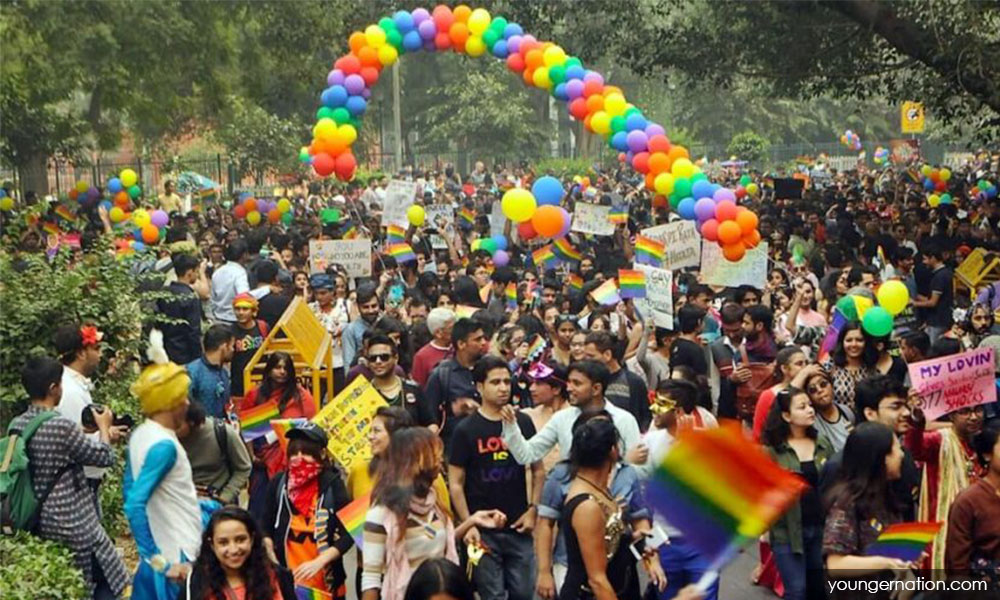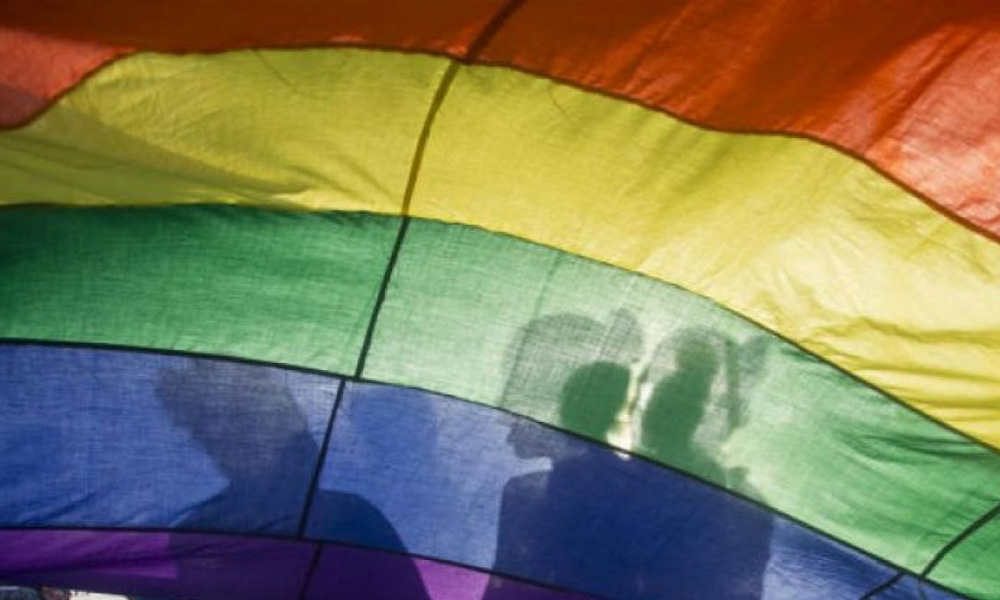
A few days ago, Malaysia attained international notoriety for the caning of two Malaysian women in a religious court after being convicted of attempting to have lesbian sex in a car.
In striking contrast, the Indian Supreme Court yesterday held that Section 377 of their Penal Code, which criminalises consensual sexual acts between adults of the same sex, is unconstitutional.
That is a mature constitutional position that gives 1.2 billion people in India the freedom to have consensual sex.
Were these two contrasting judicial responses in our two Asian countries a breakdown of Asian values? Certainly not. Both Malaysia and India have been using a British colonial-era law that legislated institutionalised Victorian contempt aimed at the LGBT community.
All over the world, not just in the West, the times have been changing. There are now more countries allowing consensual sex between adults than those that prohibit it. The Indian Supreme Court has just shown the Asian world that it is high time to discard the antiquated and prejudiced British colonial law against the LGBT community. The overwhelming reasons for doing so are based on the following:
1. Inclusiveness
Jawaharlal Nehru’s politically resonant theme of inclusiveness has been quoted by many Indian jurists:
``If there is one constitutional tenet that can be said to be (the) underlying theme of the Indian Constitution, it is that of inclusiveness…
``Those perceived by the majority as `deviants' or `different' are not on that score excluded or ostracised.'' (The Times of India, 3 July 2009)
Malaysia’s original Constitution at Independence, likewise, stressed inclusiveness. Article 8 provides that all persons are equal before the law and entitled to its equal protection.

2. Equality
In fact, the Malaysian Charter on Human Rights by Malaysian Civil Society in 1994 spelt this out even more specifically:
“There shall be no discrimination in the rights and privileges of persons based on their ethnic origin, class, social status, age, sex, mental and physical being, language, religious belief, sexual identity or political conviction…” (Article 8: 2)
The Delhi High Court had in fact ruled in an earlier case in 2009 that:
``Indian constitutional law does not permit the statutory criminal law to be held captive by the popular misconceptions of who the LGBTs (lesbians, gays, bisexuals and transgenders) are. It cannot be forgotten that discrimination is the antithesis of equality and that it is the recognition of equality which will foster the dignity of every individual…
``There is almost unanimous medical and psychiatric opinion that homosexuality is not a disease or a disorder and is just another expression of human sexuality.''
In 2009, Judge Jonathan Heher of the Johannesburg High Court struck down South Africa's sodomy law on the grounds that it violated the nation's new Constitution, which barred discrimination on the basis of sexual orientation:
“To penalise a gay or lesbian person for the expression of his or her sexuality can only be defended from a standpoint which depends on the baneful influences of religious intolerance, ignorance, superstition, bigotry, fear of what is different from or alien to everyday experience and the millstone of history."
Ten years ago, Ecuador's Supreme Court also ruled that the nation's sodomy law is unconstitutional, while Romania's prime minister promised to repeal his nation's sodomy law to bring it in line with that of the European Union.
3. Pragmatism
The attitude of our southern neighbour, Singapore, to homosexuality is also changing – not so much based on human rights principles but rather based on pragmatism. In April 2007, Minister Mentor Lee Kuan Yew said in a Reuter’s report:
"If in fact it is true, and I have asked doctors this, that you are genetically born a homosexual - because that's the nature of the genetic random transmission of genes - you can't help it. So why should we criminalise it? …Let's not go around like moral police ... barging into people's [bed] rooms. That's not our business… So, you have to take a practical, pragmatic approach to what I see is an inevitable force of time and circumstances."
Lee said Singapore should no longer discriminate against homosexuals but must take a pragmatic approach. It is a bit like Deng Xiaoping saying: “It does not matter if the cat is straight or gay, as long as it catches the mouse!” Lee's comments came at a time when many groups, such as The Singapore Law Society, were clamouring for a review of antiquated British colonial laws against homosexual sex, which they view as outdated and archaic.
4. Humanity
The plight of Malaysian transsexuals is well-known, if pathetic, but it is merely part of the litany of woes suffered by the LGBT in this country. For a society that claims that our Asian values are far superior to Western values, such demeaning treatment of our LGBT community is unacceptable. What has happened to that old Malaysian slogan to create a “masyarakat penyayang” (a caring society)?
Stand up for the rights of all LGBTs
Thus, on the grounds of inclusiveness, equality, pragmatism and humanity, it is high time for all progressive Malaysians, political parties and organisations to stand up for the rights of all LGBTs. Let us call for the review of our outdated laws and fight for equality of treatment for all consensual sex between adults.
KUA KIA SOONG is Suaram adviser. - Mkini



No comments:
Post a Comment
Note: Only a member of this blog may post a comment.